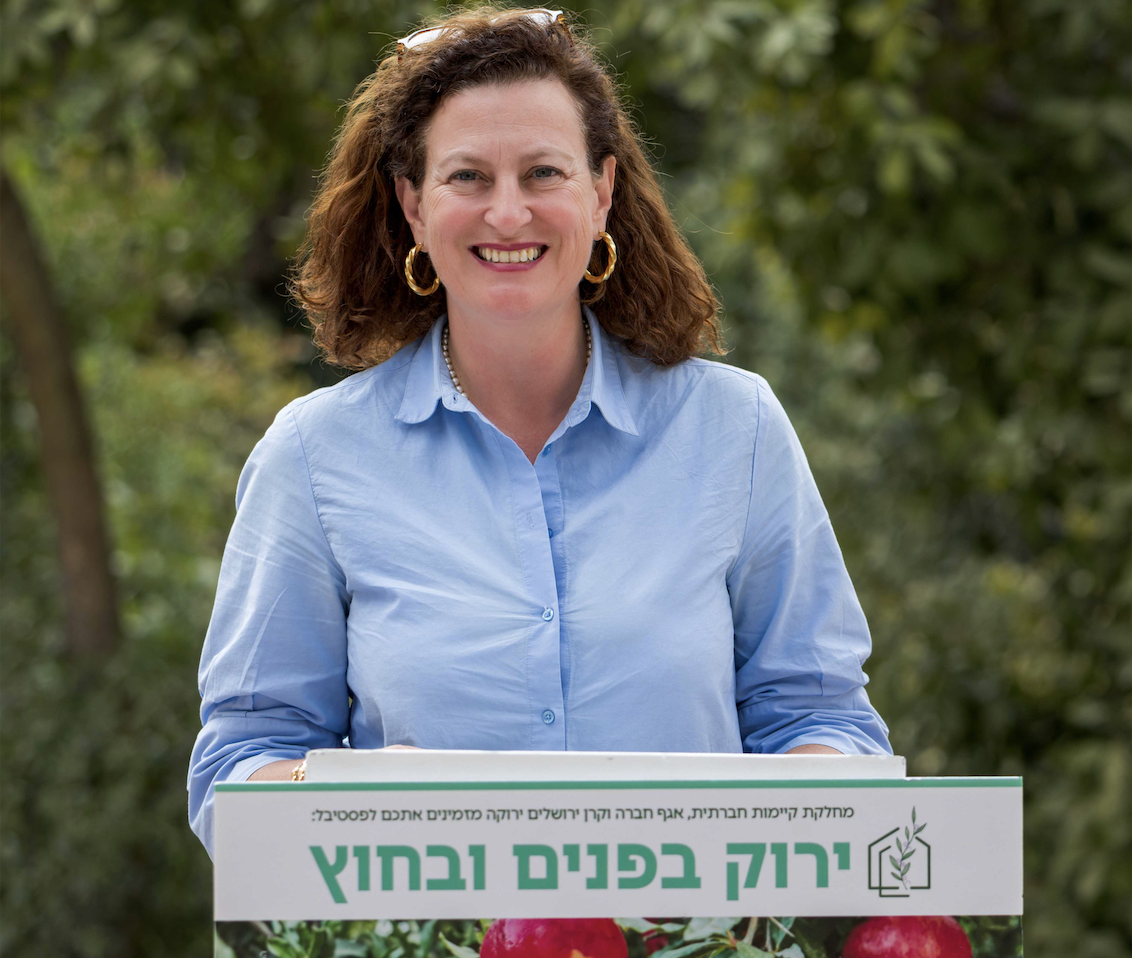JERUSALEM – Protecting the flora, between forest and desert

For three days in October, Jerusalem became the “green” capital city thanks to the festival Yarok Bifnim Ubaschuzt (Green Inside and Out), organized by Italian-Israeli Letizia Fargion Piattelli. Now on its fifth year, the event aims to promote environmental awareness and a sustainable lifestyle based on the three R’s: Reduce, Reuse, and Recycle.
Born in Milan and having moved to Israel at the age of 22, Fargion Piattelli currently lives in the Rehavia neighborhood. It is one of the main green areas in Jerusalem and partly overlooks Sacher Park, the city’s largest park.
However, “several green spaces in the rest of Jerusalem are threatened by developers who want to build new residential areas, which is a major issue in a city like ours. There is strong demographic pressure, but little space to expand because we are hemmed in by the desert, a large forest, and territories that could one day become part of Palestinian sovereignty.”
To protect the existing greenery and ensure urban development plans do not neglect the “green” aspect, a forum has been active for some time, bringing together different stories and perspectives.
As Fargion Piattelli explained, the forum includes “retired agronomists interested in protecting trees, groups of environmentally conscious individuals, and residents of specific neighborhoods who want to protect a particular area. There are about 80 associations representing different perspectives and without any specific political affiliation.”
Yarok Bifnim Ubaschutz was created to address these concerns. The latest edition drew over 8,000 participants, and thanks to its inclusiveness and diversity, the initiative’s platform could now be replicated in other Israeli cities as well. Among the eighty groups involved, there is one Arab organization and two with a distinctly religious Jewish identity, noted Fargion Piattelli, founder of the Tikva Yeruka association. The festival was supported by the Jerusalem Municipality’s Department for Sustainability in. “This is an important sign, and I believe it offers key insight into the project. As we know, respect for nature is a constant theme in our culture. The Torah teaches us this as well: when you conquer a land, you must not cut down a fruit-bearing tree.”
Translated by Alessia Tivan and revised by Matilde Bortolussi, students at the Advanced School for Interpreters and Translators of the University of Trieste, trainees in the newsroom of the Union of the Italian Jewish Communities – Pagine Ebraiche.
